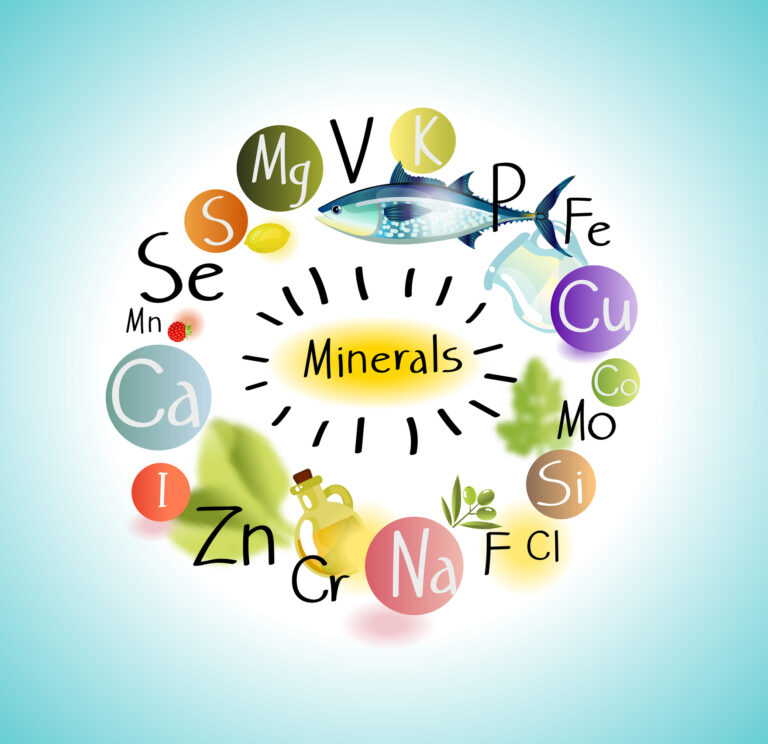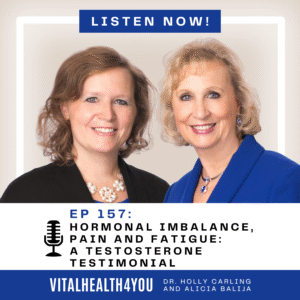Often overlooked when counseled on eating well, is the benefits of minerals. They are not just beneficial, but essential! Minerals are the foundational material by which function is dependent. When constructing a building, the strength of the foundation determines the structural integrity of the rest of the building. To skimp here compromises the entire “health” of the building. The body is no different.
When analyzing the diets of patients, mineral deficiencies rank highest. We spend so much time concerned about vitamins and proteins, that the lowly minerals, the foundation of all life, get forgotten. Yet minerals initiate function in nearly every organ in the body. For instance, the thyroid needs iodine, the pancreas needs chromium, the prostate zinc, the adrenals need copper and sodium, the pituitary manganese, etc. If these minerals are deficient in the diet, it is no wonder the organs become deficient in function as well. The body can’t do something with nothing!
The form of minerals ingested is critical. No mammal or human eats dirt, even when starving, yet that is what many people are buying in the form of supplements. Not just dirt (ground up rock) but ground up shells and metal, coal tar, petroleum products and chemicals from a laboratory. If we could digest and assimilate these, we could just go out and eat the sidewalk or the asphalt! But we can’t.
As with all things in nature, there is orderliness. Minerals, to be assimilated, must be organic. In other words, it has to first be broken down by microorganisms in the soil, and then taken up by plants. From there, we humans (and animals) eat the plant and are able to metabolize the minerals in a form the body recognizes and can use. “Inorganic” minerals means it has not passed through the vegetable kingdom first, and becomes a challenge to our health, instead of an asset.
Minerals are most abundantly found in vegetables, especially the green and green-leafy type: spinach, kale, Swiss chard, broccoli, cabbage, lettuces, green beans, asparagus, and others such as cauliflower, sweet potatoes, carrots, beets and other root vegetables. The nice thing about food sources of minerals is that you get them in their synergistic proportions as nature intended, without man interjecting what HE thinks your proportions should be. That is why it is important to get your mineral supplements from plant sources, not from ground up junk. As doctors Timothy O’Shea, Janet Lang and others have taught us, vitamins and minerals are biological complexes. They are not individual isolated compounds anywhere in nature. As such, they need the various co-factors, biological actions, and synergistic processes that nature intended, to be complete enough to be an asset to our physiological needs. Anything less compromises the very foundation of health that we are trying to accomplish with a healthy diet!
©2012 Holly A. Carling, O.M.D., L.Ac., Ph.D.







